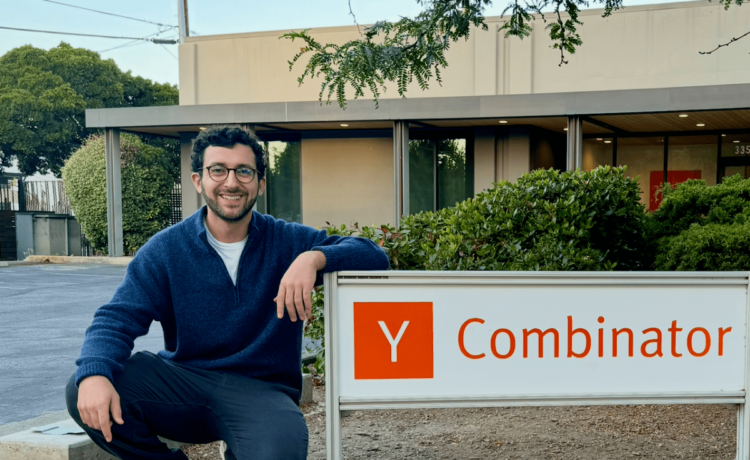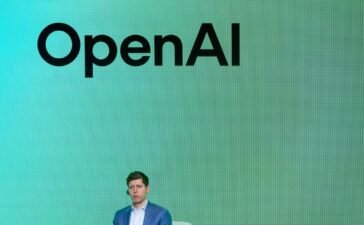When British doctor Ahmed Kerwan began working as a physician, the paperwork burden shocked him. On some days, he would spend only three hours actually caring for patients, with the rest of his workday spent on things like dealing with insurance claims.
There are already dozens, perhaps hundreds, of startups using AI to reduce the notoriously complex admin burden in healthcare. From note-taking specialists like Abridge to AI assistants startup Ambience, these startups are racing to streamline efficiencies. Kerwan, now an entrepreneur, is the founder and CEO of one such company, called Taxo. His startup offers an app that doctors and others use for tasks like getting prior authorizations from insurers, patient intake, and medical billing.
What sets Taxo apart, Kerwan says, is its AI “reasoning engine,” which transparently explains the process behind its decisions to users, helping it build trust with doctors. Reasoning models went mainstream in the AI world late last year by fleshing out their logic openly to users. At Taxo, the tech helps reduce hallucinations while increasing prior authorization approval rates to 98%, compared to an industry average of about 80%, according to Kerwan.
Taxo built its “reasoning engine” by adding a healthcare-specific layer on top of existing models like OpenAI’s and Anthropic’s. It says the system is trained on hard-to-access healthcare data that makes it difficult for others to scrape overnight. “We didn’t want to be steamrolled every time OpenAI launches a new model,” Kerwan told TechCrunch.
The reasoning trend in AI remains early and only really gained traction with the rise of Chinese startup DeepSeek. Investor interest in Taxo, however, suggests there’s a chance for the technique to gain broader adoption beyond foundational AI companies. The startup recently closed a $5 million seed round led by Y Combinator, General Catalyst, and Character Capital.
Founded last year and based in San Francisco, Taxo tells TechCrunch it passed $1 million ARR six months after its launch. It now serves about 15 customers, ranging from clinics to government providers.
When ChatGPT was released, doctors were understandably cautious about using it because they couldn’t trace why and how it was making specific recommendations, Kerwan told TechCrunch. He’s hoping Taxo changes that. “You can see exactly where we got the information and why it’s being given,” he said.
You Might Also Like
Chinese marketplace DHgate becomes a top US app as trade war intensifies
The Trump trade war has gone viral on TikTok, pushing a Chinese e-commerce app, DHgate, to the top of the...
Hertz says customers’ personal data and driver’s licenses stolen in data breach
Car rental giant Hertz has begun notifying its customers of a data breach that included their personal information and driver’s...
OpenAI plans to phase out GPT-4.5, its largest-ever AI model, from its API
OpenAI said on Monday that it would soon wind down the availability of GPT-4.5, its largest-ever AI model, via its...
Google’s newest AI model is designed to help study dolphin ‘speech’
Google’s AI research lab, Google DeepMind, says that it has created an AI model that can help decipher dolphin vocalizations,...










